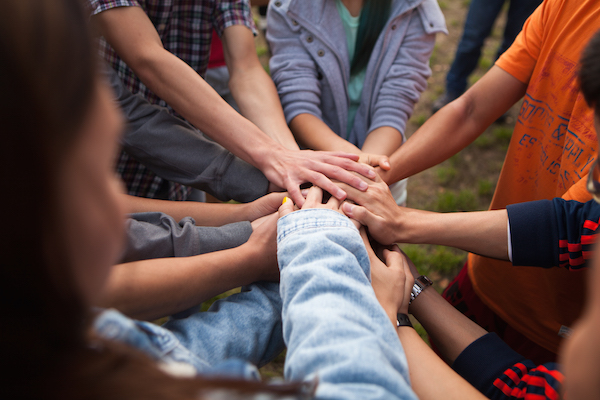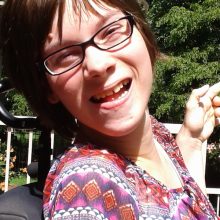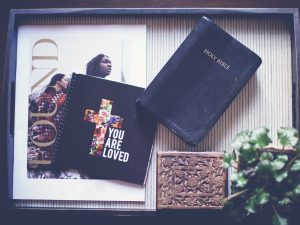Navigating personal relationships in college was a challenging experience for me. Why?
I was born with Cerebral Palsy.
My physical limitations confine me to a power chair. I need a personal caregiver to help me with my meals, personal care, and all physical transfers. To communicate, I use a device called a Dynavox. I especially use it for oral presentations and social settings where people do not know me well.
When I got accepted into college, I was so excited. But at the time I didn’t have a personal caregiver. I prayerfully posted the job on the internet and was amazed when a Christian girl responded. She was very nice and loved me to bits! We became good friends.
Yet it was the role of my personal caregiver that became a barrier for me to build friendships easily and effortlessly, like other students around me.
My biggest regret
For the most part I adjusted well to my new social environment at school. In particular I loved going to formal banquets my school hosted. I was thankful I could experience some social connection with those around me. But given my speech impediment most of my social interactions were somewhat awkward. Although I didn’t realize it at the time, I now regret that I let my barriers hold me back from talking more deeply with my friends.
The core of my regret: I wish I had communicated more directly with my friends. By default, I let my personal caregiver talk on my behalf. I could have used my speaking device but to ease social tension, I deferred to my assistant. I allowed the awkwardness to prevent me from building deeper friendships with the people God placed in my life. What depth of potential friendship did I forfeit?
Understandably, my personal caregiver was protective of me and was eager to speak on my behalf. Whenever friends approached me I simply smiled and nodded and she would do the talking. Even though she was helpful in being my voice, at times I also resented her for taking over my conversations. In her desire to protect me, it often felt like she didn’t want anyone to get to know me.
I now know that I didn’t need to defer my social engagement to my personal caregiver. This is what made it difficult for me to bond with others. Sadly, it felt like everybody liked her more than me. After all, they were constantly talking with her.
My regrets in social interactions as a student doesn’t define my future ability to build healthy relational connections with people around me. Here are some truths I learned in my journey:
I am a miracle of God’s grace
Looking back, it is a miracle that I even graduated from college given my physical disability. No one was certain I could do it, but God provided all that I needed! I am accustomed to overcoming challenges as I was always the only one in all my classes with a disability since kindergarten.
Since graduating, I have taken more risks socially and taken initiative to be more connected to others. I need to learn from the regrets of my college experience. I have a long way to go, but I trust God as I help others in their journey.
God’s promises give me hope
During hard days of relational struggle I keep coming back to two verses.
- Philippians 4:13 says “I can do all things through him who strengthens me.” (ESV) This verse always reminds me that no matter how hard it is to connect with others, God is always present and working his strength into my situation.
- But Jesus looked at them and said, “With man this is impossible, but with God all things are possible.” (Matthew 19:26 ESV) This verse keeps me trusting that God can do what anyone thinks impossible.

I can share my story with others
I turned my regrets into action. God has given me opportunities to share my story. Recently, I was able to share my story with children in a camp setting. There were some there not familiar with what it means to have a relationship with Jesus. I hope that I inspired them to draw closer to God. Of course, they had a lot of questions about my disability. I didn’t mind helping them understand.
I can mentor others
God has also given me opportunity to mentor two friends who also have disabilities. One has the same disability as me and both friends struggle with depression. In my times together with them, I try to encourage them by sharing with them the hope that God has given me.
Finally I want to encourage you, whether you have a disability or not, to keep initiating conversations that can build your personal relationships. Take social risks to be connected. Don’t let anything hinder you from connecting with others.
How about you?
What is keeping you from initiating socially with others?
How can you act on lessons learned from regrets of the past?
"*" indicates required fields
Share this!
About the Author

Olivia Eder
She also gives some of her time mentoring a high school student who lives with the same disability. Olivia enjoys giving presentations to her former elementary school educating students about disabilities and how to treat people with disabilities. In her spare time she reads, sings, travels, swims and spends time with family and friends.




